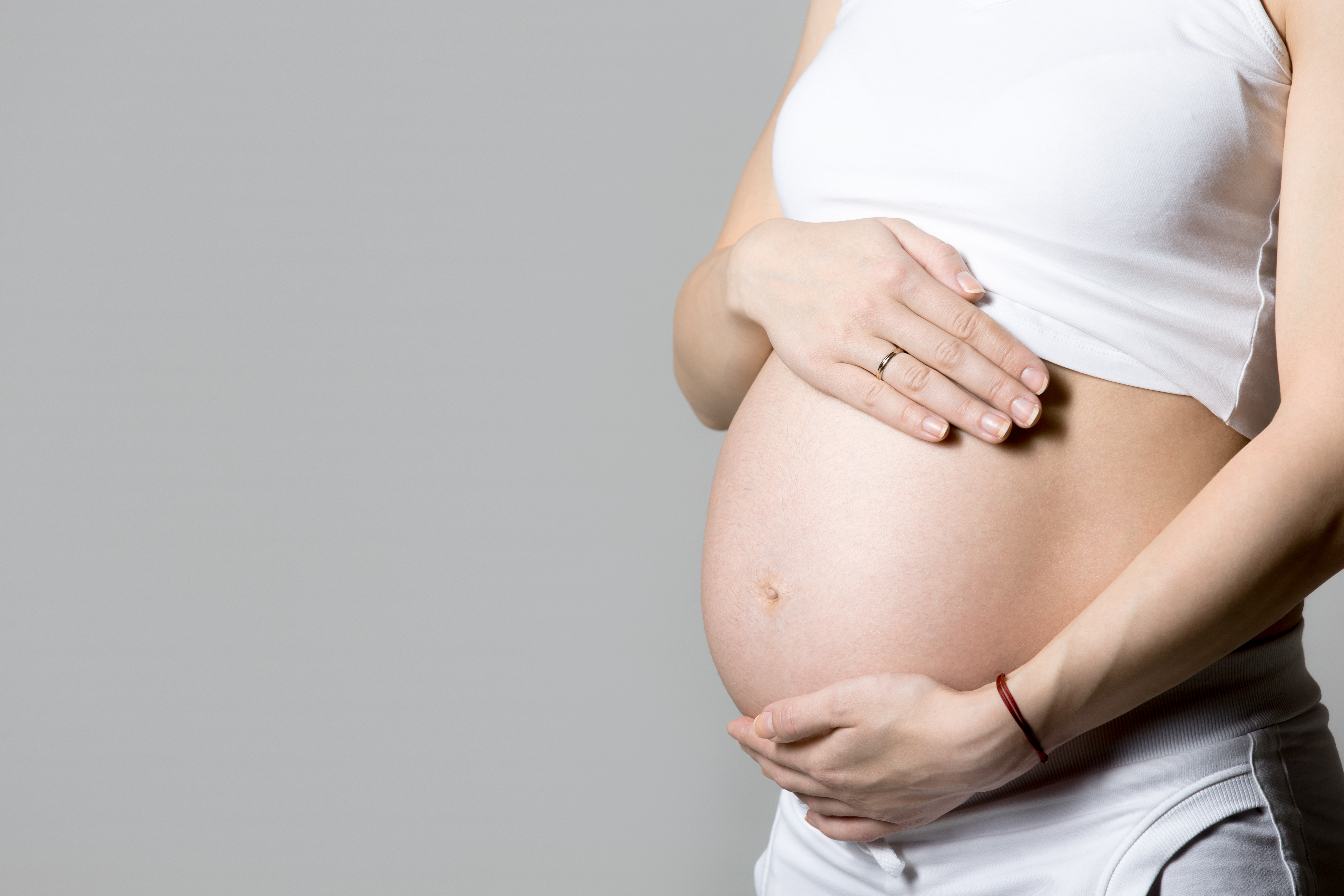Media release
From:
New research from SAHMRI has found no evidence that common chemical exposures during pregnancy shorten gestation or increase the risk of preterm birth in Australian women, contrasting with multiple previous international studies.
Phthalates are chemicals used to make plastics flexible and are found in many everyday items, from food packaging to personal care products. They’re known as endocrine-disrupting chemicals and have been linked to shorter pregnancies, higher rates of preterm birth, and a range of other adverse health effects.
Researchers from SAHMRI’s Women and Kids theme measured levels of 13 phthalate metabolites in urine samples from 605 South Australian women between 22 and 26 weeks gestation. The study was part of the ORIP Trial, a large national clinical trial investigating omega-3 supplementation in pregnancy and preterm birth.
The results, published in BMC Pregnancy and Childbirth, showed phthalates were detected in 99% of participants, with the highest levels seen for chemicals commonly used in personal care products and food packaging.
However, statistical analysis found no significant link between maternal phthalate levels and either gestational length or preterm birth risk.
Lead investigator, Dr Karen Best, says the findings provide important Australian-specific data on environmental exposures in pregnancy.
“Phthalates were found in almost every single woman in our study, they are extremely common in the modern environment,” Dr Best said.
“Our results are reassuring for gestational length and preterm birth, but we only looked at these outcomes. Other research has linked phthalate exposure to a range of health effects in mothers and children, which weren’t included here.”
The study also found phthalate levels varied due to maternal characteristics. Women with lower incomes and education levels, those who smoked before pregnancy, and those with higher body mass index tended to have higher concentrations.
“While we didn’t find an effect on preterm birth in this group, pregnancy is a time when it makes sense to minimise unnecessary exposure,” Dr Best said.
“Simple steps like choosing fragrance-free personal care products, avoiding microwaving food in plastic, and limiting packaged foods can help.”
“We need to keep tracking these exposures over time as products and regulations change, and to better understand the potential long-term impacts on mothers and babies.”
The study was funded by the Women’s and Children’s Hospital Foundation and the National Health and Medical Research Council (NHMRC).



 Australia; SA
Australia; SA


